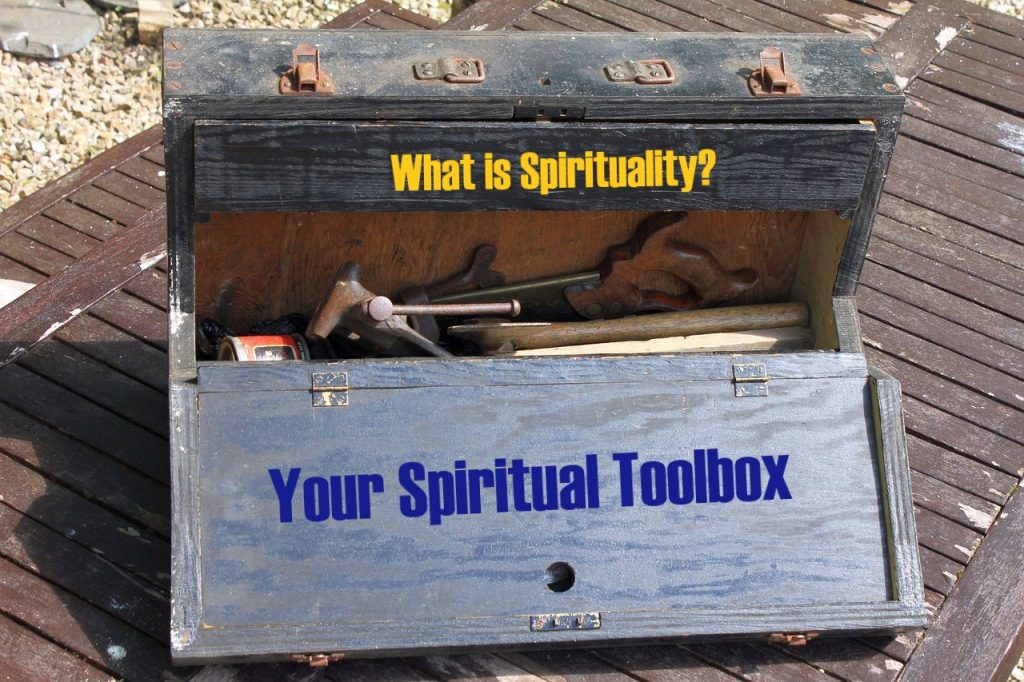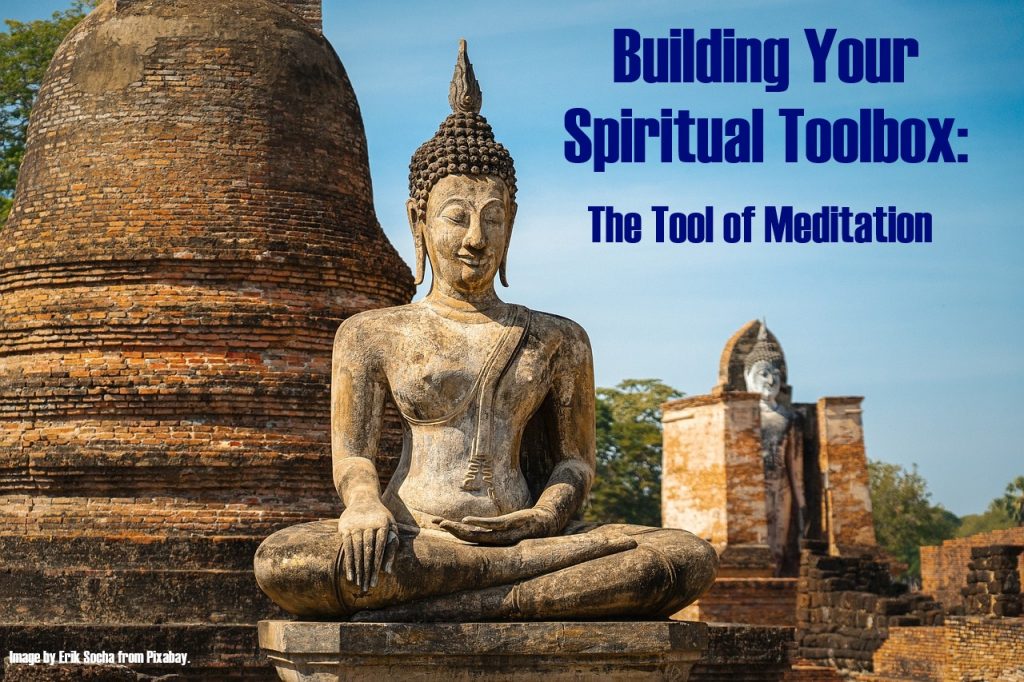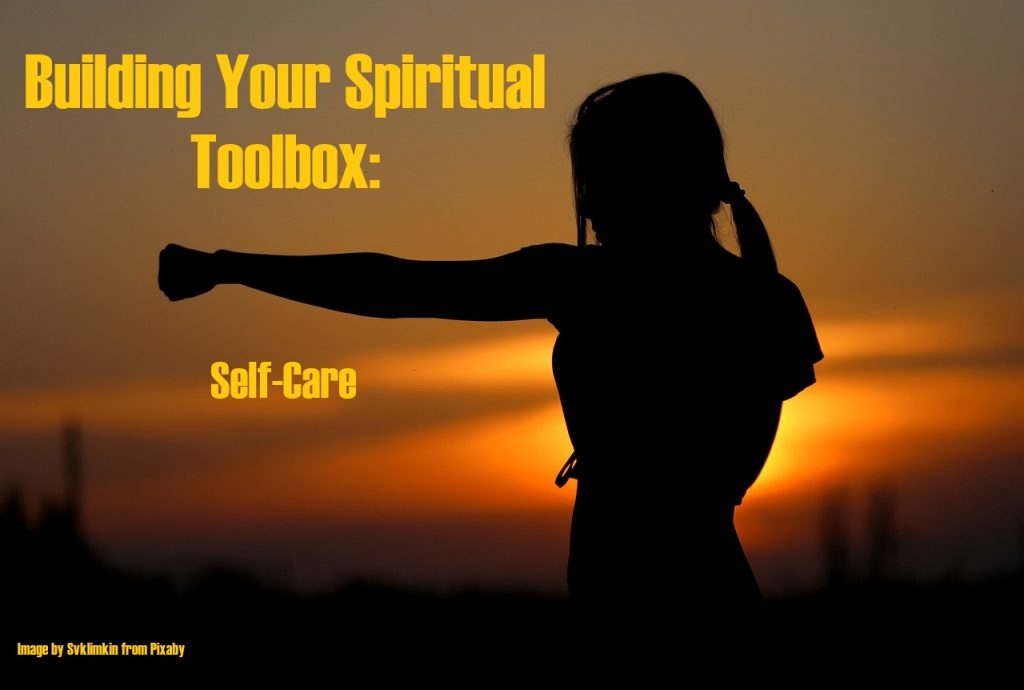
What is Spirituality?
Spirituality is deeply connected to our emotions and questions about purpose, direction, and identity. It is a personal, religious or mystical experience that reflects beliefs and actions towards others. Spirituality is about seeking inspiration and transcendence in everyday life. Scroll down for your download.
Meditation.
The mind has two positions: looking out and looking in. Looking out allows us to perceive what is called the dream reality, and looking in allows us to see our ideal reality. Scroll down for your download.
Self-Care.
True spirituality is more than just seeking a connection with the Divine. It is also seeking a connection with yourself. In order to do this, you must practice self-care. Self-care is about taking care of the body as well as the mind.
Natural Principles for Spirituality.
We explore some of the basic Principles of Nature. We say principles because they are ideas, or theories. When we gain an understanding of nature and are able to recognize how nature is reflected in ourselves our life can become more fulfilling. People have applied these principles throughout history and have influenced many.
Self-Examination.
Self-examination is one of the most important duties when living a spiritual life. Introspection allows us the opportunity to see what we have done with our life. What is your purpose? How shall you achieve your purpose? What is the best path toward your goal? These are the questions we need to examine, if not daily, then periodically.
Before attending, or watching our class, please meditation with this selection. We meditate to tones, alpha, theta, gamma, and then back. The tones are masked with bird song. The purpose is to prepare the mind for receiving information. We have a selection for you to choose from.
These videos are for visitors to our website only. You may have to sign into YouTube to view them.

Spirituality is deeply connected to our emotions and questions about purpose, direction, and identity. It is a personal, religious or mystical experience that reflects beliefs and actions towards others. Spirituality is about seeking inspiration and transcendence in everyday life, symbolizing a person’s quest for meaning, depth, personal values, and relationship with the Divine. The Gnostic Gospel of Thomas encourages discovering the inside and attempting to make it the outside, often starting with meditation for spiritual purposes.
What is Spirituality? Part 3
What is Spirituality? Conclusion

Meditation is not just about sitting and relaxing but is an exploration
of consciousness and of the mind’s activities. It is an important tool for developing spirituality because it allows us to examine our relationship with the world and our perception of it. Meditation is not contemplation. While they may be similar, they are not the same. Meditation is about observing our thought and emotions without following them.
The mind has two positions: looking out and looking in. Looking out allows us to perceive what is called the dream reality, and looking in allows us to see our ideal reality. This inner reality is our ideal self, a creation based on the interpretation of others. Therefore, meditation is not about relaxing, but about discover our true reality, which must be experienced.
Spirituality is something that is deeply personal. True spirituality is more than just seeking a connection with the Divine. It is also seeking a connection with yourself. In order to do this, you must practice self-care. Self-care is about taking care of the body as well as the mind. Much of this is accomplished through the practice of self-control or the development of discipline. Anything that combines physical and mental training leads to developing self-discipline, which enhances your self-care.


Building Your Spiritual Toolbox: The Principles of Nature.
In this portion we will explore some of the basic Principles of Nature. We say principles because they are ideas, or theories. Laws imply something of a permanent quality that cannot be altered, and if so, there is a consequence. Principles have no consequences. They merely invoke an unexpected response.

Self-examination is one of the most important duties when living a spiritual life. We desire to know ourselves and to become acquainted with our feelings, our passions, and our inclinations. Such introspection allows us the opportunity to see what we have done with our abilities and with our life. What is your purpose? How shall you achieve your purpose? What is the best path toward your goal? These are the questions we need to examine, if not daily, then periodically. We must remember, if all things begin and end with the self or with the mind, meaning your mind, then all acts are motivated by the self, or you, in whatever form they manifest. This means that everything you do serves a purpose, serves a goal, and that goal or purpose is directly tied to you as an individual.


